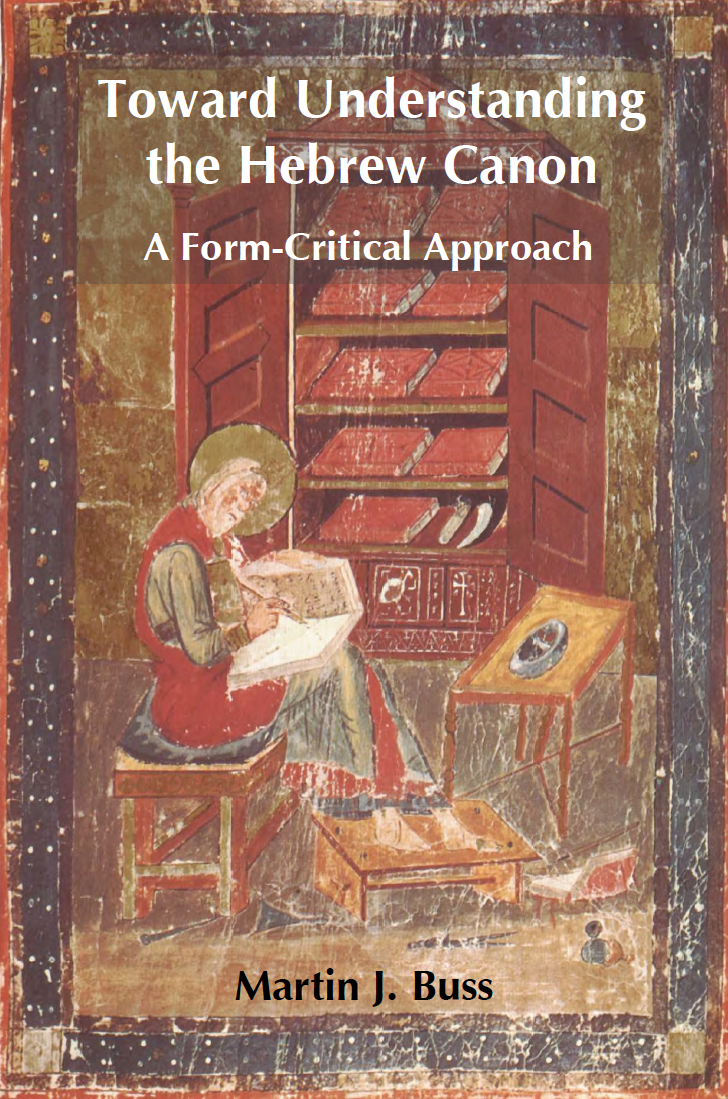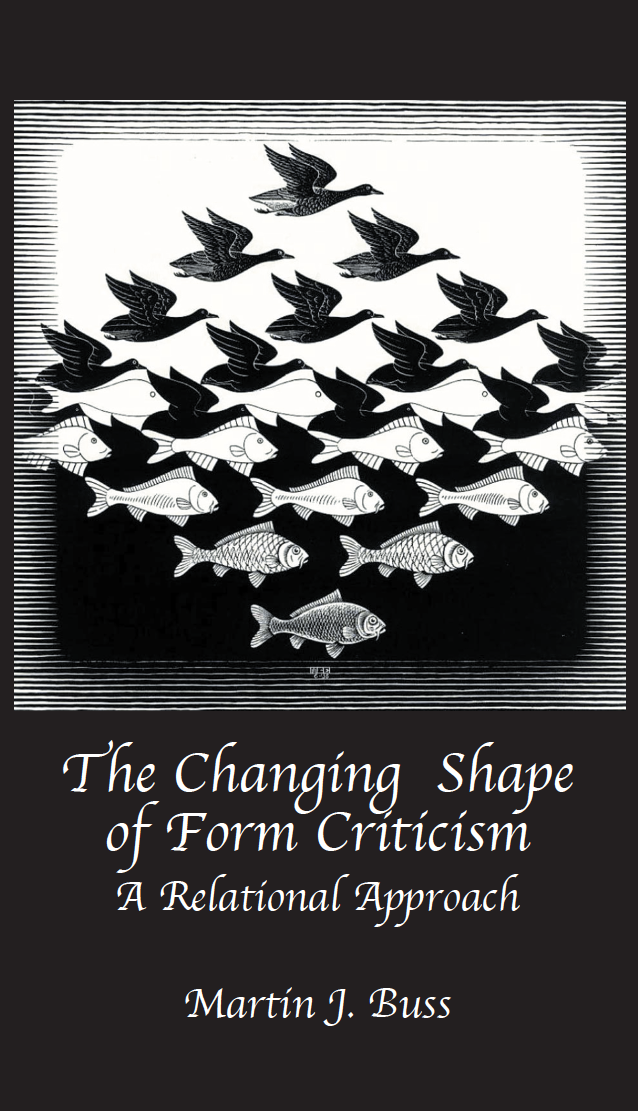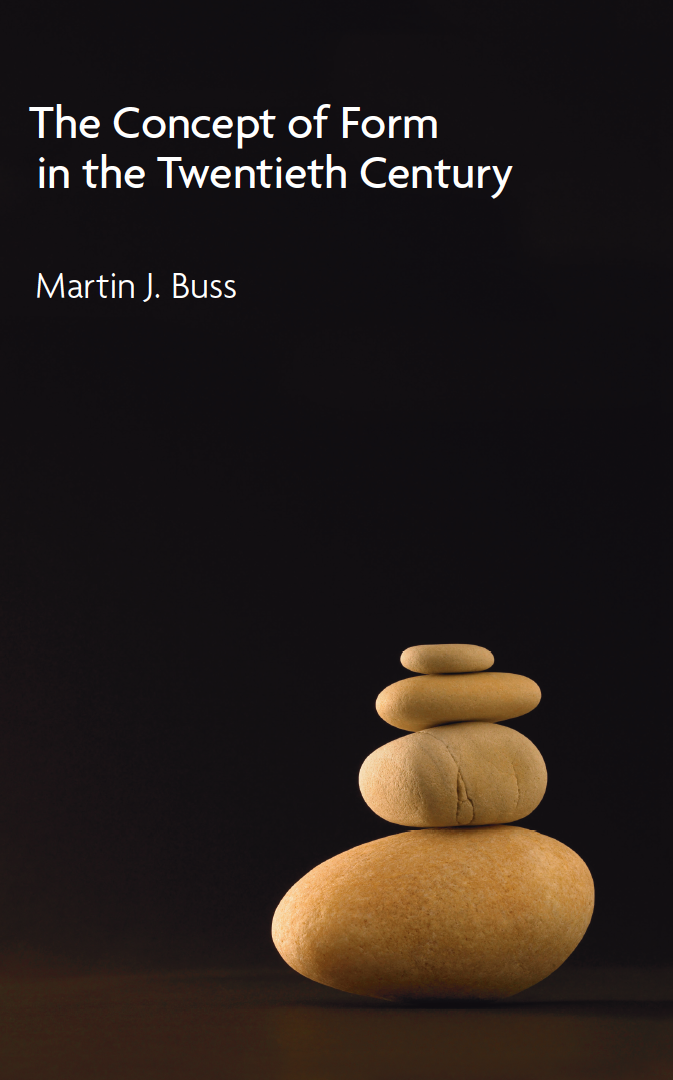Toward Understanding the Hebrew Canon: A Form-Critical Approach
Published: Sep 2013
£50.00
Toward Understanding the Hebrew Canon: A Form-Critical Approach explores in an original and reflective way the relations between the linguistic forms, ideas and life involvements of biblical genres. The various forms of the Hebrew Bible reflect and correspond to the richly diverse life experiences of the Hebrew people, which include varied legal, cultic and erotic interactions.
Divine speech is a prominent literary form in the Hebrew Bible, according to Buss's analysis. It has an emotive character, and is highly personal. Such speech establishes a series of Origin events that run from creation to the foundation of kingship; it both provides norms for life and struggles with human recalcitrance. Divine speech also provides evaluative assessments of present and envisaged situations, and it promises a truly good End. The humans to whom divine speech is directed are called on to acknowledge the divine reality, which they can do through self-transcendence, as a part of selfhood. In ethics, a receptive attitude acknowledges the unconditional worth of others, which is supported by Deity.
Human speech is usually also emotive, although on occasion it is concerned rather with dry historical actualities. It is intertwined with divine speech in narratives and prophecies.
In these fourteen essays (one of them previously unpublished) the renowned biblical scholar Martin Buss gathers an array of his work from many years, bringing to bear on the Hebrew Bible his extensive researches in cross-cultural data and in other disciplines such as philosophy and social psychology.
Toward Understanding the Hebrew Canon: A Form-Critical Approach
£50.00
Toward Understanding the Hebrew Canon: A Form-Critical Approach explores in an original and reflective way the relations between the linguistic forms, ideas and life involvements of biblical genres. The various forms of the Hebrew Bible reflect and correspond to the richly diverse life experiences of the Hebrew people, which include varied legal, cultic and erotic interactions.
Divine speech is a prominent literary form in the Hebrew Bible, according to Buss's analysis. It has an emotive character, and is highly personal. Such speech establishes a series of Origin events that run from creation to the foundation of kingship; it both provides norms for life and struggles with human recalcitrance. Divine speech also provides evaluative assessments of present and envisaged situations, and it promises a truly good End. The humans to whom divine speech is directed are called on to acknowledge the divine reality, which they can do through self-transcendence, as a part of selfhood. In ethics, a receptive attitude acknowledges the unconditional worth of others, which is supported by Deity.
Human speech is usually also emotive, although on occasion it is concerned rather with dry historical actualities. It is intertwined with divine speech in narratives and prophecies.
In these fourteen essays (one of them previously unpublished) the renowned biblical scholar Martin Buss gathers an array of his work from many years, bringing to bear on the Hebrew Bible his extensive researches in cross-cultural data and in other disciplines such as philosophy and social psychology.
The Changing Shape of Form Criticism: A Relational Approach
Published: Jun 2010
£45.00
In this important collection of essays by the leading theorist of form, Martin Buss presents in Part I, Steps toward a New Form Criticism, several essays that view forms as complexes of relations that constitute possibilities. This relational approach to form criticism rejects, on the one hand, the idea that reality is at base only particular and, on the other hand, an essentialism that holds that forms are firmly structured and there is a single correct way to classify texts.
In Part II, Interdisciplinary Ideas of Sitz im Leben, he shows how Gunkel's notion of Sitz im Leben, derived from his knowledge of other fields, made an impact on leading figures in several disciplines. They modified the notion, and their analyses became known to a number of biblical scholars. This cross-pollination introduced a new understanding of the notion of Sitz im Leben into biblical studies, which, in turn, was noted by scholars in other fields.
An appendix to the volume reports relational approaches in several disciplines that provide a stimulus for relational form criticism.
The Changing Shape of Form Criticism: A Relational Approach
£45.00
In this important collection of essays by the leading theorist of form, Martin Buss presents in Part I, Steps toward a New Form Criticism, several essays that view forms as complexes of relations that constitute possibilities. This relational approach to form criticism rejects, on the one hand, the idea that reality is at base only particular and, on the other hand, an essentialism that holds that forms are firmly structured and there is a single correct way to classify texts.
In Part II, Interdisciplinary Ideas of Sitz im Leben, he shows how Gunkel's notion of Sitz im Leben, derived from his knowledge of other fields, made an impact on leading figures in several disciplines. They modified the notion, and their analyses became known to a number of biblical scholars. This cross-pollination introduced a new understanding of the notion of Sitz im Leben into biblical studies, which, in turn, was noted by scholars in other fields.
An appendix to the volume reports relational approaches in several disciplines that provide a stimulus for relational form criticism.
The Concept of Form in the Twentieth Century
Published: Jun 2008
£25.00
This study provides a history of the concept of form in the twentieth century CE, focusing on the rise and character of relational theory. To some extent drawing on older traditions, relational theory accepts some aspects of modern particularism but moves beyond it by holding that relations simultaneously separate and connect. Particularity and generality are seen as aspects of relationality, and forms are viewed as complexes of relations. Prominent features of a relational view include: an avoidance of rigid structures through an orientation toward probability; multiperspectivity; possibility, not just particular actuality; continuity between the human and the nonhuman; and a valuational rather than a neutral view of reality.
Socially, relational theory has supported a combination of freedoms. It joins internal freedom, which values both body and mind, with both negative and positive external freedom, including "freedom from" external controls and "freedom for" the fulfillment of possibilities in cooperation with others. Politically, this ideal favors economic solidarity, respectful recognition of different racial or ethnic groups, women's liberation, increased sexual freedom, and ecological consciousness.
Relational theory was not the only notable view of form in the twentieth century, however. More-or-less individualistic particularism was radicalized in nihilist and skeptical philosophies, and powerful versions of group particularism arose in fascism, Stalinism, and continuing imperialism. Caucasian male thinkers varied considerably in the degree to which they supported relational conceptions of form, but, not surprisingly in view of the connection between a relational view of form and interactive freedom, most women and non-Caucasian males advocated relational views. Some of the tension described can be viewed positively from the relational side, however, for according to information theory uncertainty provides an opportunity for communication.
The Concept of Form in the Twentieth Century
£25.00
This study provides a history of the concept of form in the twentieth century CE, focusing on the rise and character of relational theory. To some extent drawing on older traditions, relational theory accepts some aspects of modern particularism but moves beyond it by holding that relations simultaneously separate and connect. Particularity and generality are seen as aspects of relationality, and forms are viewed as complexes of relations. Prominent features of a relational view include: an avoidance of rigid structures through an orientation toward probability; multiperspectivity; possibility, not just particular actuality; continuity between the human and the nonhuman; and a valuational rather than a neutral view of reality.
Socially, relational theory has supported a combination of freedoms. It joins internal freedom, which values both body and mind, with both negative and positive external freedom, including "freedom from" external controls and "freedom for" the fulfillment of possibilities in cooperation with others. Politically, this ideal favors economic solidarity, respectful recognition of different racial or ethnic groups, women's liberation, increased sexual freedom, and ecological consciousness.
Relational theory was not the only notable view of form in the twentieth century, however. More-or-less individualistic particularism was radicalized in nihilist and skeptical philosophies, and powerful versions of group particularism arose in fascism, Stalinism, and continuing imperialism. Caucasian male thinkers varied considerably in the degree to which they supported relational conceptions of form, but, not surprisingly in view of the connection between a relational view of form and interactive freedom, most women and non-Caucasian males advocated relational views. Some of the tension described can be viewed positively from the relational side, however, for according to information theory uncertainty provides an opportunity for communication.




